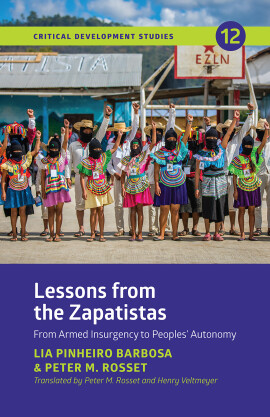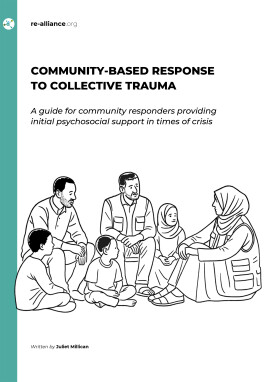
The ‘Easternization’ of Development
The politics of East Asia’s developmentalist cooperation
Just over a decade ago, a new paradigm emerged that challenged the ‘conventional’ type of global development assistance by which the Global North vertically supports the Global South. It became apparent that a shift was taking place - to an approach built upon horizontal relationships between equal partners “often” seeking mutual benefits from development cooperation. This book sets out how East Asian aid donors and their innovative practices are central to this new paradigm.
The authors of each chapter map the evolution of East Asian development approaches against the background of the political and economic focus of the Sustainable Development Goals (SDGs). While keeping in sight the broader picture unfolding in the global community, the book’s chapters go further, to discuss foreign aid practices of South Korea, China and Japan separately in their relation to domestic developmentalist politics.
The findings in this book highlight the importance of understanding the past, present and future of development strategy in East Asia in the current global context. The recent impact of the Covid-19 pandemic, as well as the pressing climate change crisis, call for an urgent re-examination of priorities in development cooperation.
Published: 2023
Pages: 246
eBook: 9781788532303
Hardback: 9781788532280
Paperback: 9781788532297
The authors of each chapter map the evolution of East Asian development approaches against the background of the political and economic focus of the Sustainable Development Goals (SDGs). While keeping in sight the broader picture unfolding in the global community, the book’s chapters go further, to discuss foreign aid practices of South Korea, China and Japan separately in their relation to domestic developmentalist politics.
The findings in this book highlight the importance of understanding the past, present and future of development strategy in East Asia in the current global context. The recent impact of the Covid-19 pandemic, as well as the pressing climate change crisis, call for an urgent re-examination of priorities in development cooperation.
| Chapter 1: Introduction | |||
|---|---|---|---|
| Sanae Ito | |||
| Chapter 2: The politics of East Asian developmentalism: Paradigms, practices, and prospects of foreign development assistance | |||
| Christian von Lübke | |||
| Chapter 3: Decoding South Korea’s development cooperation through the lens of developmental state politics: In search of symbiotic embeddedness | |||
| Marieline Bader and Taekyoon Kim | |||
| Chapter 4: The Belt and Road Initiative and the role of the Chinese developmental state | |||
| Meibo Huang and Zhaoli Shen | |||
| Chapter 5: Japan’s developmentalist cooperation for quality infrastructure | |||
| Sanae Ito | |||
| Chapter 6: Japan’s developmentalist cooperation for the Joint Crediting Mechanism | |||
| Kiyoshi Fujikawa and Sanae Ito | |||
| Chapter 7: Oil industry structures and their effects on aid policies in East Asian countries | |||
| Isamu Okada | |||
| Chapter 8: Sharing Korea’s developmental experience with developing countries: The case of the Knowledge Sharing Program | |||
| Kyungyon Moon | |||
| Chapter 9: Chinese social organizations in foreign aid: The dual logic of developmental state and country in transition | |||
| Zhao Wang | |||
| Chapter 10: Conclusion |
‘The idea of "Easternization" is very much needed in the development community where North/South dimensions have been dominant for too long. This book challenges our basic assumptions and opens up new avenues for productive conversations about the future of aid and development.’
Jin Sato, Professor of Development Studies, the University of Tokyo and the President of the Japan Society for International Development
‘This is a timely and important book, written with evident regional and global expertise. It examines the ‘Easternization’ of development in China, Japan and Korea with nuance and insight. The leadership of these countries for many global development trends – and the possibilities and challenges of these trends – are expertly dissected.’
Professor Emma Mawdsley, Geography Department, University of Cambridge
‘A refreshing account of aid practices of Japan, South Korea, China that is grounded in these countries’ own theories and policy strategies about ‘development’, this edited volume provides unique insights into the politics shaping East Asian developmentalist cooperation.’
Sakiko Fukuda-Parr, Professor of International Affairs, The New School
Emerging Trends in International Development and Climate Policy
The Southernization of the EU’s Development Policy? A Critical Review of the EU Global Gateway
Keijzer, Niels
2024
https://doi.org/10.1007/978-3-031-65671-2_7 [Citations: 0]




